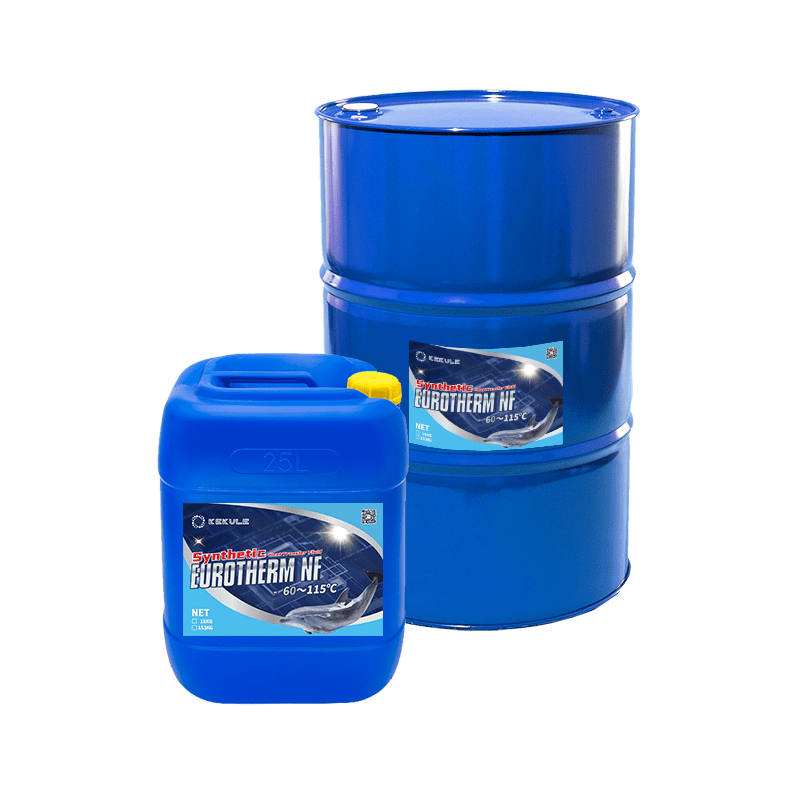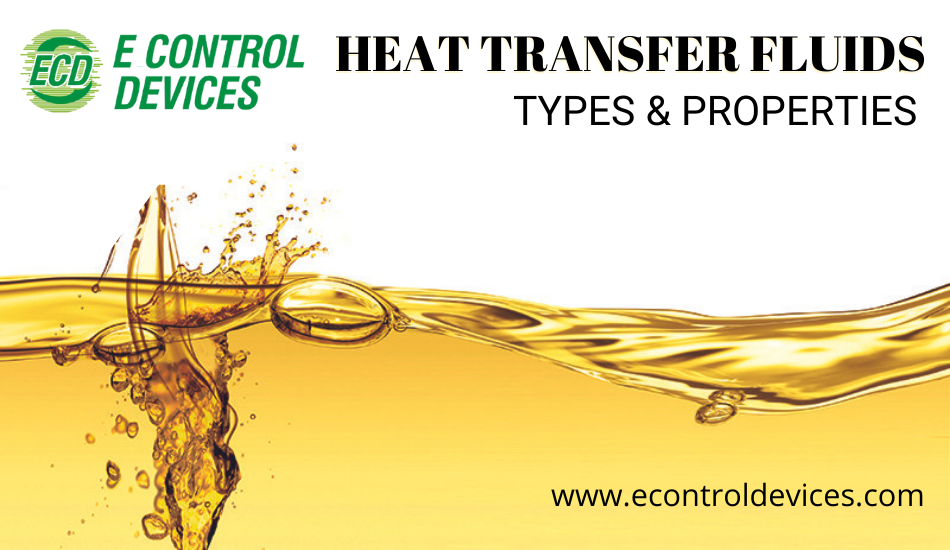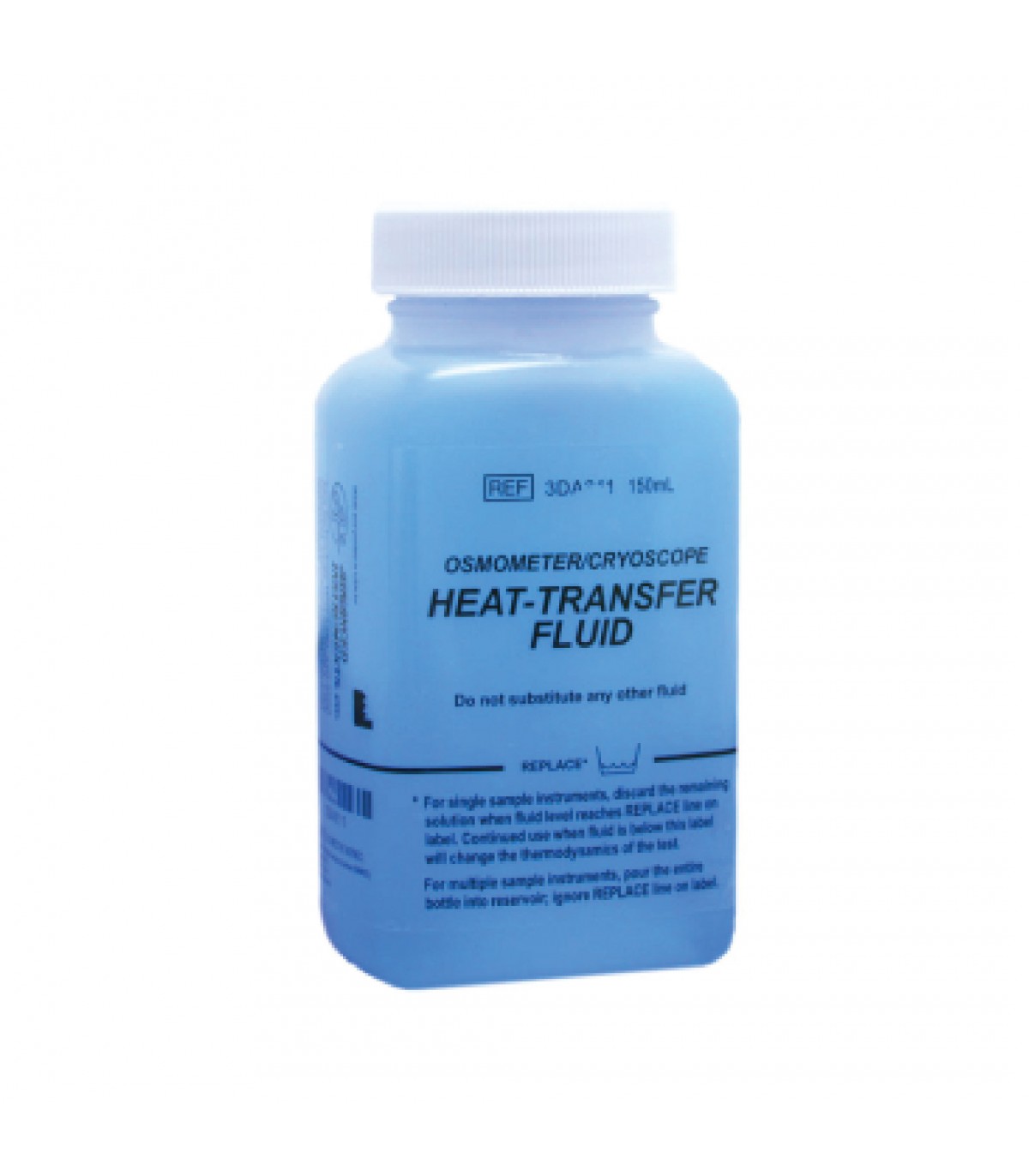How Heat Transfer Liquid Adds To Sustainable and Affordable Operations
In the contemporary industrial landscape, the role of warmth transfer fluids (HTFs) in advertising lasting and cost-efficient operations can not be overstated. These fluids are pivotal in maximizing thermal management systems, thus dramatically boosting power performance and reducing functional costs. Additionally, the ecological advantages of sophisticated HTFs, with their high thermal stability and reduced toxicity, are indisputable. They not just expand system durability yet additionally add to the reduction of dangerous emissions. Yet, truth capacity of HTFs is realized with the meticulous option process, guaranteeing compatibility and safety. However what factors should guide this critical choice?
Recognizing Warmth Transfer Liquids
In the world of thermal administration, warmth transfer fluids (HTFs) function as essential agents for transferring thermal power from one location to an additional. These fluids play a pivotal function in numerous industrial applications, consisting of chemical processing, power generation, and a/c systems. HTFs are specifically crafted to operate within a variety of temperatures, efficiently facilitating the transfer of warm while preserving a stable thermal account. Their capacity to operate under extreme conditions-- whether high temperatures or cryogenic degrees-- makes them indispensable in atmospheres demanding exact thermal control.
The make-up of heat transfer fluids can vary considerably, including choices such as mineral oils, synthetic oils, glycols, and molten salts. Each kind offers distinctive advantages, such as enhanced thermal stability, reduced thickness, and high boiling points, which are selected based on details operational demands. Additionally, the choice of HTF influences not only the performance of warm transfer however likewise the long life and safety and security of the system in which it is utilized.
As industries proceed to introduce, the advancement of innovative HTFs, characterized by their enhanced thermal conductivity and reduced environmental impact, is essential for satisfying the demands of modern-day thermal monitoring obstacles.

Enhancing Energy Performance

Improving energy effectiveness has become a vital concern throughout different sectors, prompting a better examination of warm transfer fluids' function in maximizing thermal administration systems. These fluids are essential to keeping the wanted temperature in procedures, thus reducing energy waste and boosting total system effectiveness. By selecting an ideal heat transfer fluid, markets can considerably boost their energy performance, causing reduced power usage.

Advanced solutions of warm transfer liquids have been established to stand up to severe temperatures while maintaining stability and performance. These developments expand the functional life-span of the liquid, lowering the frequency of replacements and energy-intensive maintenance tasks. In addition, using artificial or bio-based liquids offers added benefits in regards to decreased environmental impact, lining up with international sustainability goals. Consequently, boosting power efficiency through optimal warm transfer liquid selection is not only a technical necessity however likewise an ecological important.
Decreasing Functional Prices
Functional costs are a significant factor to consider for markets seeking to keep affordable advantage, and the selection of heat transfer fluid plays a critical duty in price monitoring. Selecting a suitable warm transfer liquid can lead to substantial expense financial savings by improving system efficiency and reducing power consumption. High-performance check these guys out fluids lessen thermal degradation, which in turn lowers the regularity of liquid replacement and downtime connected with upkeep, thus lowering functional expenditures.
Moreover, heat transfer fluids with exceptional thermal stability and rust resistance extend the life-span of equipment. This lowers the demand for regular repair work and substitutes, which can be pricey and turbulent to procedures. By spending in top quality liquids, sectors can achieve lasting decreases in maintenance expenses and boost the dependability of their systems.
Furthermore, advanced warmth transfer liquids usually display reduced thickness at operating temperature levels, which improves pump performance and decreases energy use in liquid flow. This optimization of power usage directly converts into decreased operational prices. Furthermore, many modern-day heat transfer liquids are crafted to operate successfully over a wide temperature level range, lowering the need for several fluid kinds, thereby simplifying inventory requirements and reducing linked expenses. These variables collectively contribute to even more lasting and affordable procedures.
Environmental Impact Reduction
The push in the direction of lowering ecological impact has actually obtained energy in sectors leveraging heat transfer liquids. Business are increasingly acknowledging the value of decreasing eco-friendly footprints by adopting lasting methods. Warm transfer fluids (HTFs) play a critical role in this shift, supplying opportunities to improve power efficiency and minimize discharges. additional reading By picking HTFs with high thermal security and reduced toxicity, markets can make certain marginal leak and deterioration, thus lessening damaging ecological launches.
In addition, using innovative warmth transfer fluids contributes to enhanced system efficiency, reducing the total energy intake. This reduction not only leads to price savings however likewise reduces co2 emissions, helping in the fight against environment adjustment. Liquids that are naturally degradable and recyclable additionally boost sustainability initiatives, as they decrease waste and promote circular economy methods.
In addition, incorporating HTFs into closed-loop systems protects against fluid loss and contamination of the surrounding atmosphere. This strategy makes sure that liquids are recycled, decreasing the need for new sources and restricting waste generation. By welcoming these eco aware approaches, hop over to here industries can significantly diminish their eco-friendly impact while keeping high functional effectiveness, aligning with global sustainability goals and regulatory requirements.
Picking the Right HTF
Picking the appropriate warmth transfer fluid (HTF) is an essential action in progressing environmental sustainability within industrial procedures. The selection of HTF straight influences system performance, energy usage, and ecological influence. An ideal HTF should possess a high thermal capability, low thickness, and high thermal conductivity to ensure effective warmth transfer. Additionally, its stability over a wide temperature level array is vital to avoid degradation, which can result in boosted discharges and waste.
This guarantees long life and minimizes maintenance prices. The fluid needs to be safe and biodegradable, decreasing its environmental footprint and making sure compliance with ecological policies.
Verdict
